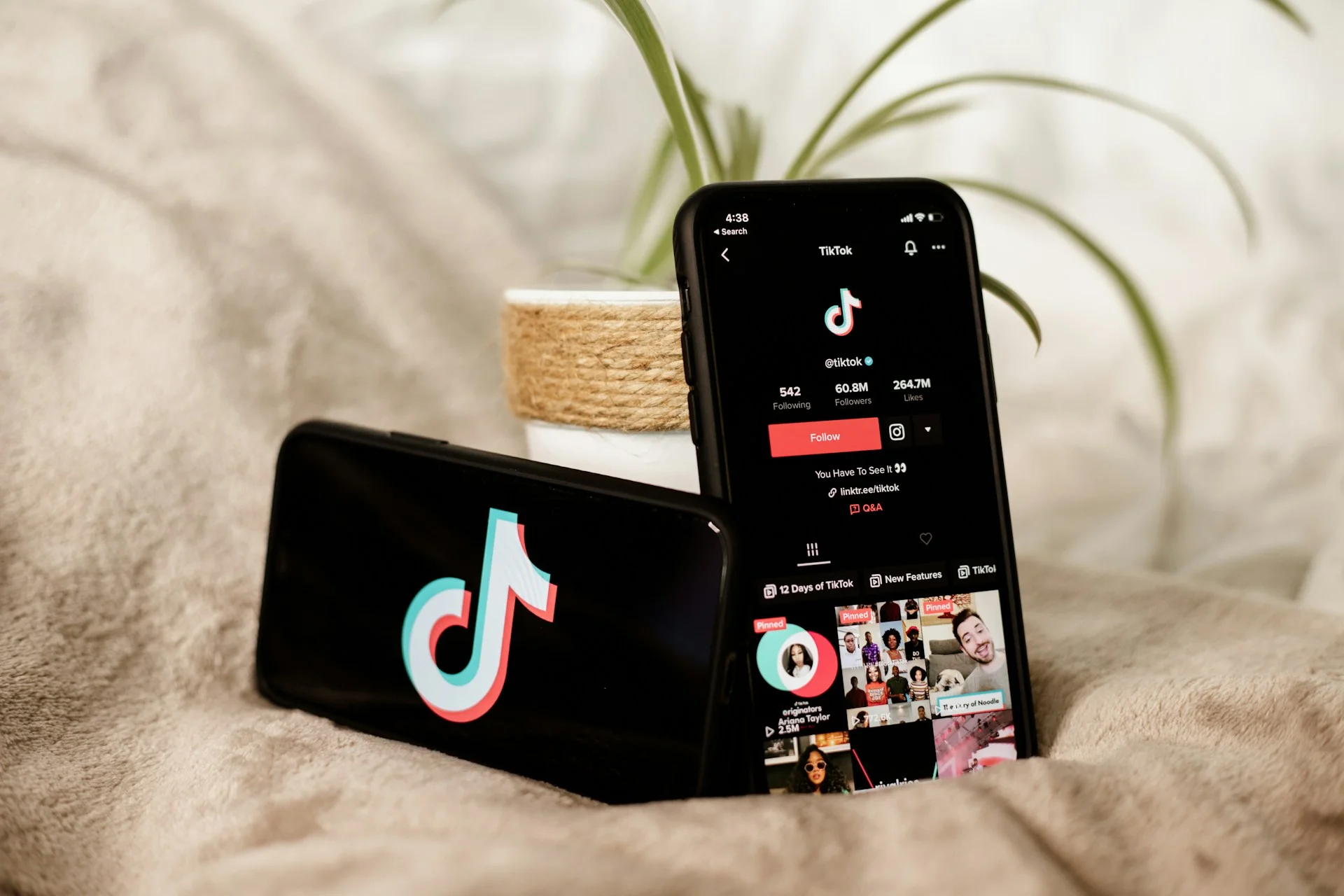The Article Tells The Story of:
- TikTok’s Focus on Pop Culture: Influencers dominate, while news and politics account for less than 1% of followed accounts.
- Indirect Political Reach: TikTok’s algorithm occasionally features political content, even from non-political creators.
- Celebrity Impact: Influencers like Taylor Swift significantly influence voter registration and political discourse.
- Platform Differences: TikTok embraces pop culture, while platforms like Instagram limit political content visibility.
The Strange Case of TikTok: Pop Culture Reigns
Social media has impacted nearly every aspect of life. But one platform is trending like crazy: TikTok. Entertainment, yes; news, surprisingly so; but are there other sources that people rely on? A new Pew Research Center study provides intriguing insight into the situation: news and politics accounts constitute less than 1 percent of those U.S. adults say they follow on TikTok.
What is pushing this, and what does this say about the way we are consuming information today? Let’s jump into it and see how pop culture, led by influencers and viral creators, keeps capturing the attention of TikTok, while news and politics take a step back.
Check Out similar Article of How TikTok’s New Subscription Model is Revolutionizing Content Creation September 25, 2024 – SquaredTech
Influencers Dominate the TikTok Space
According to a Pew study, influencers and creators fully account for 50% of the TikTok accounts followed by U.S. adults. Those figures speak to the platform’s focus on entertainment and viral trends, through which influencers are king. It’s little surprise, for example, that a viral influencer would be more likely to appear on TikTok’s For You page than a politician discussing national policies.
Other areas where there’s a dearth of content on the platform include news and politics. Among the accounts users followed, only 10% posted on political topics. These users of TikTok may occasionally engage with discussions about politics, but the bottom line is obvious: pop culture steals the show.
It is a very different picture compared to other services, such as X (formerly Twitter). Pew, while conducting a similar survey on X last year, found that 1 percent of the accounts followed belonged to politicians and 3 percent were media houses or journalists. These numbers might seem small by comparison, but they are lightyears ahead of TikTok’s counts, in which media houses and pundits comprise only 0.4 percent of the total accounts followed.
Are TikTok Users Really Tuning Out Politics?
Actually, despite a lack of news and political accounts, neither is the audience tuning out to politics. According to Pew’s study, 43% of its users follow at least one account that mentions politics or current events, even if these accounts aren’t primarily about it.
This is mainly due to the For You algorithm on TikTok, which allows users to see multiple different types of content-even from accounts they don’t follow. Using this algorithm, you could find a political discussion somewhere between a viral dance video and comedy skits. Despite influencers and creators dominating, political content sometimes makes its way through the user’s feed indirectly.
Unlike traditional news media, TikTok has no dependence on continuous flows of information from professional providers of news. News instead trickles through content creators and influencers, who may share opinionated musings on politics interwoven with other lifestyle pieces. This flips power dynamics on its head, with celebrities having more influence over opinion-making than at any point in history.
Celebrity Influence: A Steadily Growing Political Force
In an election year, celebrity endorsements can sway opinions, and no one in the land, not even TikTok, is immune.”
High profile influencers on the app only occasionally weigh in on matters of politics, but when they do, the impact resonates profoundly.
In fact, a study from Harvard’s Ash Center for Democratic Governance and Innovation tells us that celebrity endorsements can be substantial swing factors. For instance, when Taylor Swift posted a link to voter registration on her Instagram in 2023, over 35,000 people registered to vote. The pop icon even had voter registration booths at her Sweetener Tour in 2019, leading to another 33,000 registrations. YouTube stars are even not to be left behind: David Dobrik drove 128,000 people to register to vote through a Tesla giveaway contest.
It is through the star power on TikTok that creates a need to make so much noise about serious causes. Since over 170 million Americans use the app, according to TikTok data, news and politics cannot be ignored, even if it doesn’t control the content.
How Other Platforms Are Navigating Politics
Interestingly, not all of these platforms have the same policies. Instagram, owned by Meta, has banned political content altogether. Last summer, Meta stopped also recommending political content on both Instagram and Threads – a move that has gotten an immediate pushback from many political creators. This change means Instagram users are less likely to encounter political discussions unless following specific accounts dedicated to that kind of topic.
For creators who actually do share something related to politics, its reach may now be limited. Meta’s move means it has moved towards keeping Instagram more focused on the core elements — lifestyle, fashion, entertainment, while shrinking the reach for political debate.
TikTok Future: Politics or Pop Culture?
Even as TikTok is threatened with bans over its associations with Chinese parent company ByteDance, it still has been a source of significant influence. A record 170 million Americans use the app monthly, and its influence never seems to wane. Perhaps this is what makes the growing reach of celebrities and influencers in political discourse and the way the platform has taken an overwhelming inclination towards pop culture unsettling.
Will news organizations and politicians be able to find an entry point to engage users on a platform otherwise dominated by viral trends, or will TikTok seriously participate in the political conversation?.
For now, though, one thing is clear: TikTok is the king of the game, and the power to form public discourse lies in the hands of its influence and creativity.
Stay updated: Tech News


